Publications
Articles, publications, books, tools and multimedia features from the U.S. Institute of Peace provide the latest news, analysis, research findings, practitioner guides and reports, all related to the conflict zones and issues that are at the center of the Institute’s work to prevent and reduce violent conflict.
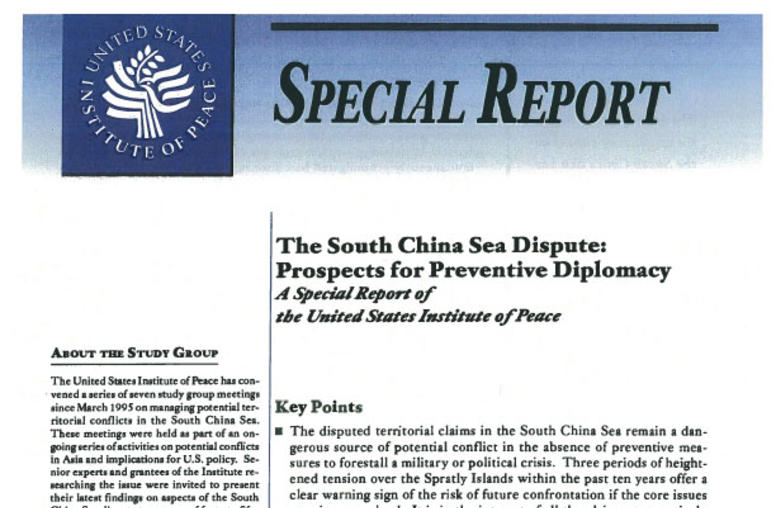
The South China Sea Dispute: Prospects for Preventive Diplomacy
The United States Institute of Peace has convened a series of seven study group meetings since March 1995 on managing potential territorial conflicts in the South China Sea. These meetings were held as part of an ongoing series of activities on potential conflicts in Asia and implications for U.S. policy. Senior experts and grantees of the Institute researching the issue were invited to present their latest findings on aspects of the South China Sea dispute to a group of forty to fifty specia...
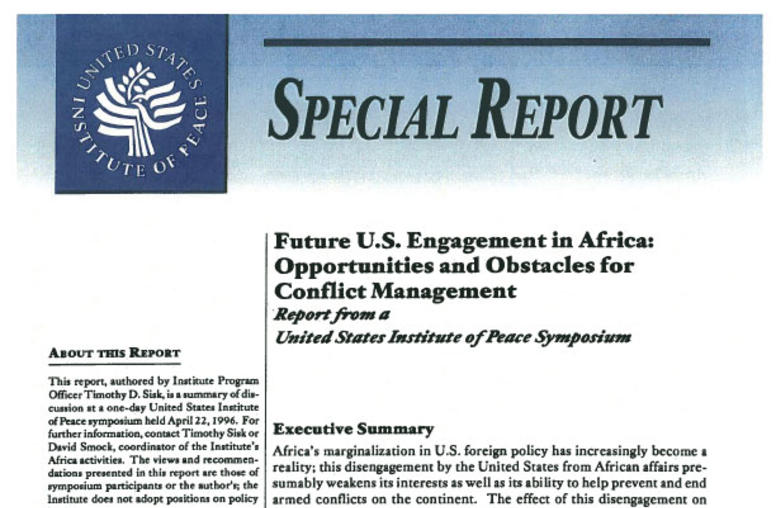
Future U.S. Engagement in Africa Opportunities and Obstacles for Conflict Management
Africa's marginalization in U.S. foreign policy has increasingly become a reality; this disengagement by the United States from African affairs presumably weakens its interests as well as its ability to help prevent and end armed conflicts on the continent.
Peace Operations and Common Sense: Replacing Rhetoric with Realism
The shortcomings of several recent peace operations have led many people to conclude that the whole concept is flawed and has little bearing on U.S. interests. The record, however, suggests that peace operations have not only reduced instability in many parts of the globe but have also been something of a minor boon to U.S. foreign policy.
Peace Operations and Common Sense
The shortcomings of several recent peace operations have led many people to conclude that the whole concept is flawed and has little bearing on U.S. interests. The record, however, suggests that peace operations have not only reduced instability in many parts of the globe but have also been something of a minor boon to U.S. foreign policy. It is necessary to confront this strange gulf between Washington perceptions and reality. Denis McLean, a New Zealander, is currently Warburg Professor ...
1996 National Winning Essay
Richard Lee South Carolina America and the New World Order It has become an issue since the end of the Cold War--what is America's foreign policy for the "new world order"? Today especially, foreign lands that were unknown before the Cold War except in geography books, grip the United States's attention and beg for American intervention into their intra-state conflicts. This beckoning immediately raises questions on America's purpose in the world and its national interests. Americans view ...
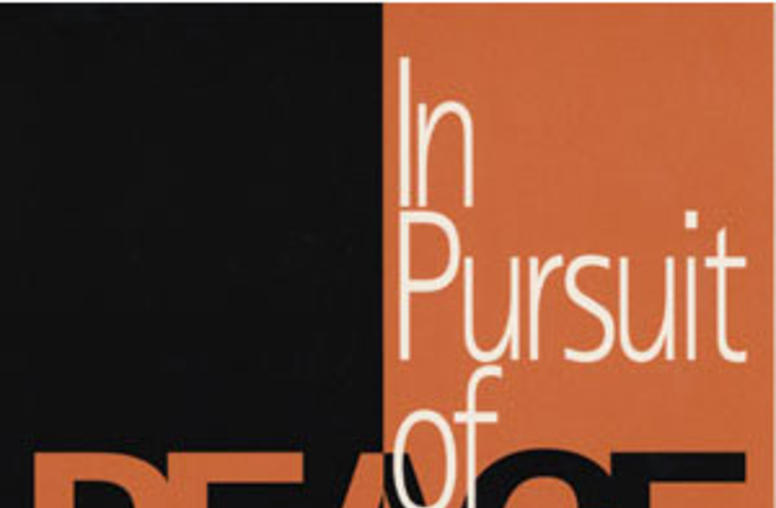
In Pursuit of Peace
This book tells the story of the Israeli peace movement and the role it played in that pursuit of peace. It is an eloquent, fascinating account of a remarkably diverse and determined cast of activists: from war-weary soldiers to hard-headed politicians, careful scholars to impassioned artists.
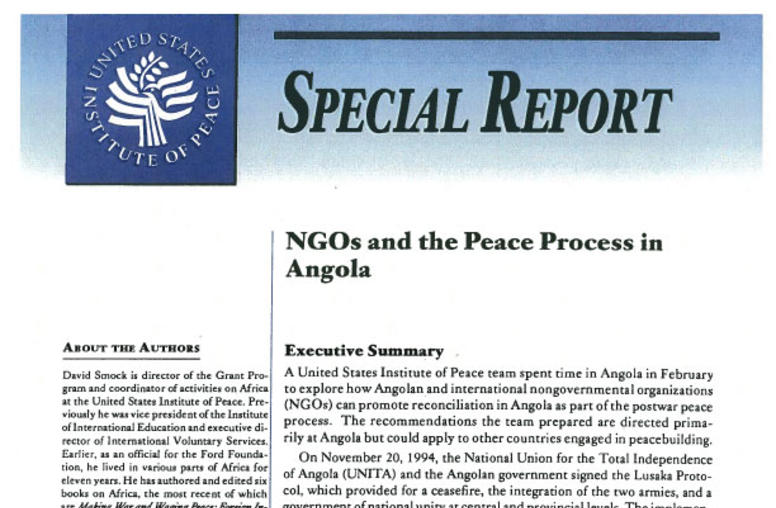
NGOs and the Peace Process in Angola
A United States Institute of Peace team spent time in Angola in February to explore how Angolan and international nongovernmental organizations (NGOs) can promote reconciliation in Angola as part of the postwar peace process. The recommendations the team prepared are directed primarily at Angola but could apply to other countries engaged in peacebuilding.
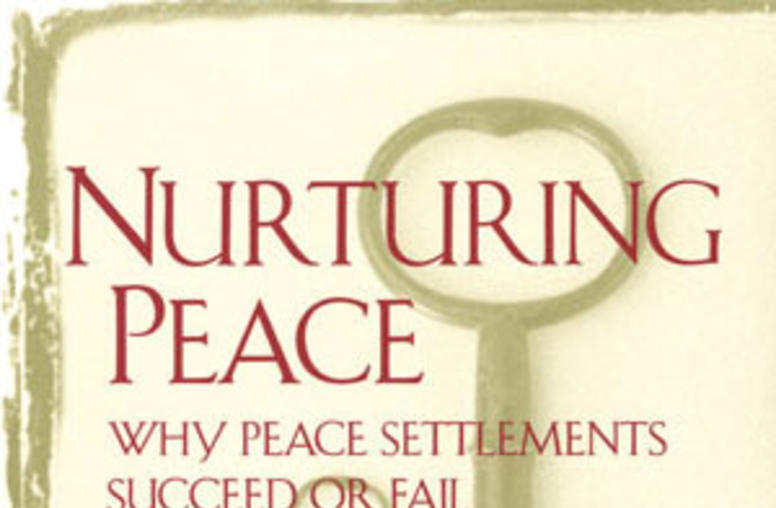
Nurturing Peace
Focusing on intrastate conflicts in which third parties have played prominent roles, Hampson argues that durable settlements depend on sustained third-party engagement not only during the negotiation phase but throughout the implementation process.
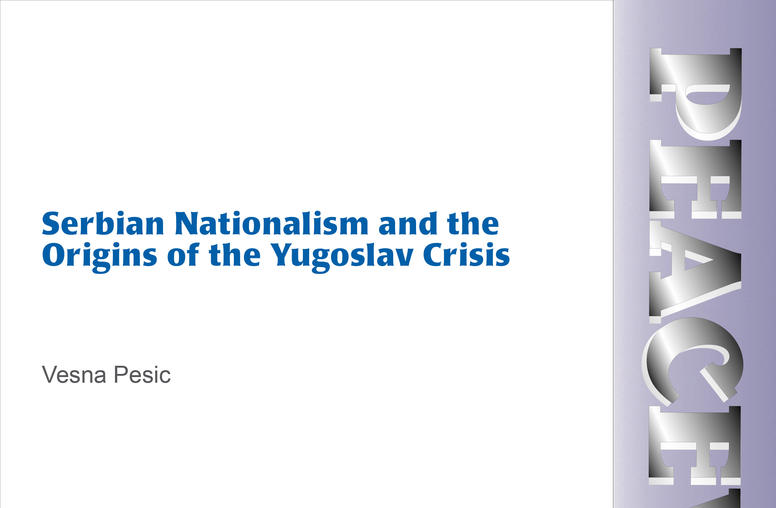
Serbian Nationalism and the Origins of the Yugoslav Crisis
The dissolution of multinational communist federations and the ensuing armed conflicts that have emerged with their transformation into independent nation-states have returned the "national question" (i.e., the relationship of a national or ethnic group to a state that includes multiple ethnic groups within its territory) to the forefront of debates over international politics, law, and theory.
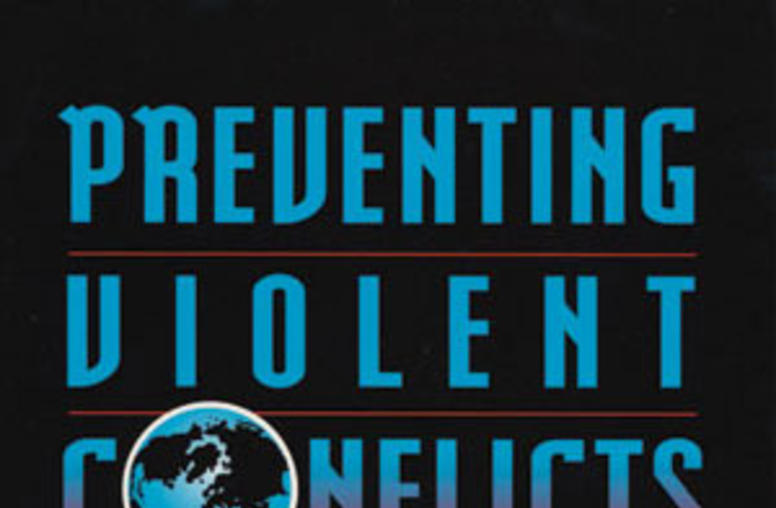
Preventing Violent Conflicts
This volume defines early warning and preventive diplomacy; assesses, after reviewing several recent preventive efforts, who does it, what methods work, and why; and suggests how multilateral and national entities (especially the U.S. government) can overcome operational challenges to effective preventive action.